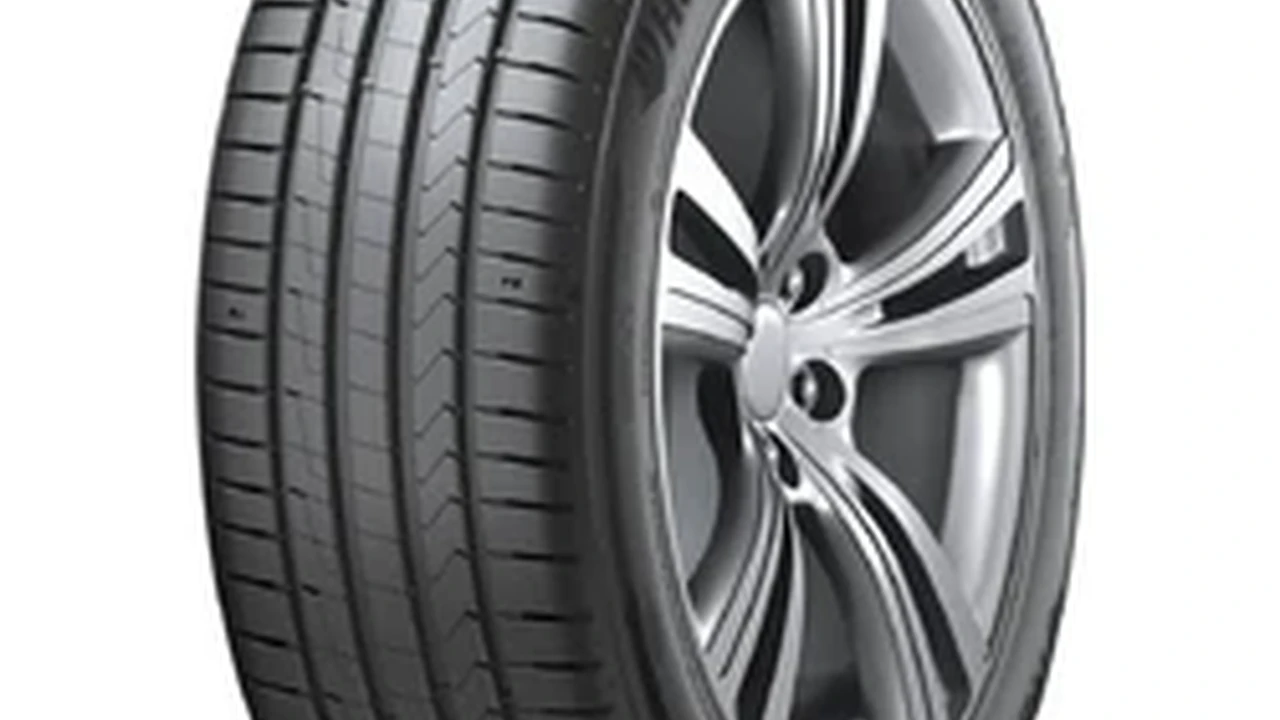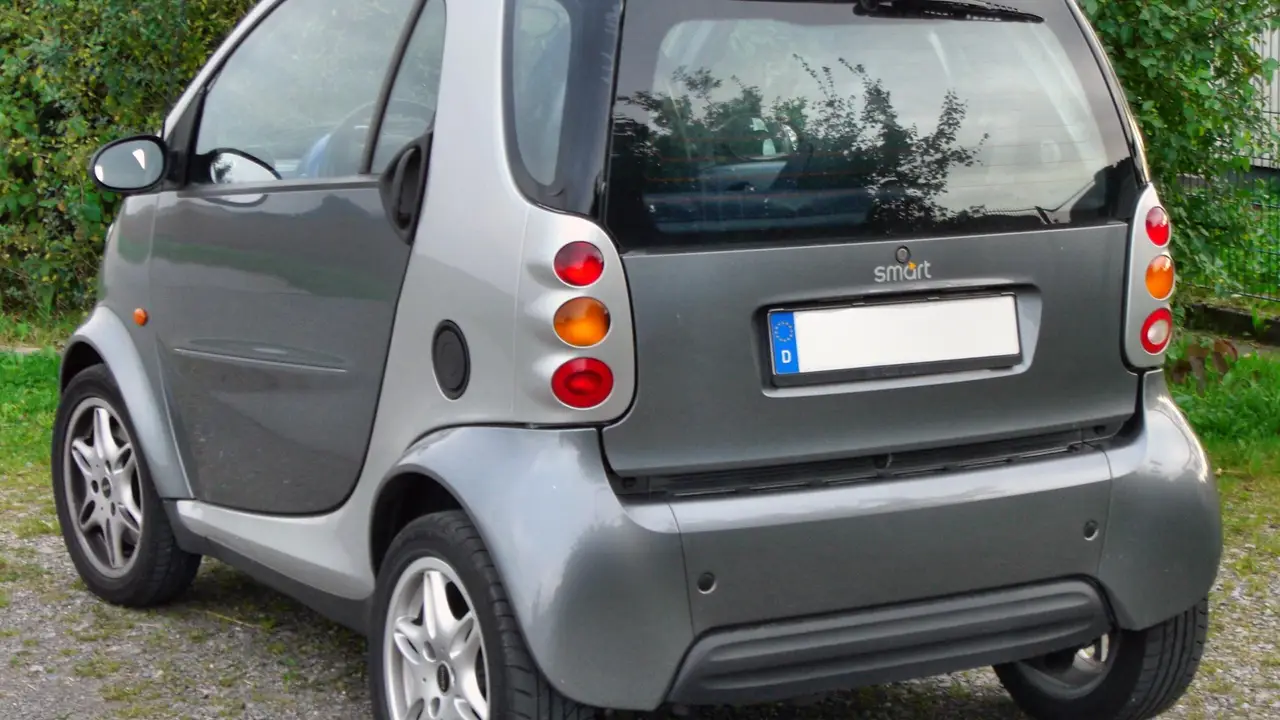Best Smart Water Leak Detectors for Seniors
Learn about smart water leak detectors that prevent costly damage and ensure safety in senior homes.

Why Smart Water Leak Detectors are Essential for Senior Safety and Home Protection
Smart water leak detectors are more than just a convenience; they are a vital component of a comprehensive smart home system, especially for seniors. Traditional leak detection methods often rely on visual inspection or the discovery of damage after it has occurred. Smart detectors, however, provide real-time monitoring, allowing for immediate intervention. This proactive approach can save thousands of dollars in repair costs, prevent health hazards like mold and mildew, and reduce the stress associated with unexpected home emergencies. For seniors, who might not be able to quickly identify or respond to a leak, these devices offer an invaluable layer of protection. They can alert a caregiver or family member remotely, ensuring that help is dispatched even if the senior is unable to respond themselves. Furthermore, some insurance companies offer discounts for homes equipped with smart leak detection systems, making them a financially sound investment.Key Features to Look for in Smart Water Leak Detectors for Elderly Care
When choosing a smart water leak detector for a senior's home, several features are paramount to ensure effectiveness and ease of use. Understanding these features will help you select the best device for your specific needs.Connectivity Options WiFi Z Wave Zigbee
Smart leak detectors typically connect to your home network via Wi-Fi, Z-Wave, or Zigbee. Wi-Fi devices are generally easier to set up and connect directly to your router, but they can consume more battery power. Z-Wave and Zigbee devices require a compatible smart home hub but offer better battery life and create a mesh network, extending the range and reliability of your smart home system. For seniors, a system that is easy to set up and maintain is crucial. Consider the existing smart home ecosystem if there is one.Alert Mechanisms Notifications Alarms
Effective alert mechanisms are non-negotiable. The detector should send instant notifications to your smartphone via an app. Some devices also feature audible alarms, which are beneficial if the senior is home and can hear the alert. Look for customizable alerts, allowing you to designate multiple contacts to receive notifications, ensuring that someone is always aware of a potential leak.Battery Life and Power Source
Most smart leak detectors are battery-powered, offering flexibility in placement. Long battery life is essential to minimize maintenance and ensure continuous protection. Some devices can last for several years on a single set of batteries. Consider models with low-battery indicators to ensure timely replacement.Sensor Placement and Design
Leak detectors come in various designs, from small puck-shaped sensors that sit on the floor to devices with remote probes that can reach into tight spaces. Consider where you need to place the sensors. Under sinks, near water heaters, washing machines, dishwashers, and toilets are common areas. Remote probes are particularly useful for hard-to-reach spots.Temperature and Humidity Monitoring
Some advanced smart leak detectors also monitor temperature and humidity. This feature can be incredibly useful for preventing frozen pipes in cold climates or detecting excessive humidity that could lead to mold growth, adding another layer of protection for the senior's home.Integration with Smart Home Systems
For a truly integrated smart home, look for detectors that can communicate with other smart devices. This could mean triggering a smart valve to shut off the water supply when a leak is detected, or integrating with a security system to send alerts to a monitoring service. Compatibility with popular platforms like Amazon Alexa, Google Assistant, or Apple HomeKit can enhance usability.Top Smart Water Leak Detectors Recommended for Senior Homes
Based on ease of use, reliability, features, and value, here are some of the best smart water leak detectors suitable for senior households.1. Govee WiFi Water Leak Detector
The Govee WiFi Water Leak Detector is an excellent choice for its simplicity and effectiveness. It connects directly to your home Wi-Fi, eliminating the need for a separate hub. When water is detected, it emits a loud 100dB alarm and sends instant notifications to your smartphone via the Govee Home app. The app allows for easy setup and monitoring. It's compact and can be placed discreetly in various locations. The battery life is impressive, lasting up to two years.
- Key Features: Wi-Fi connectivity, 100dB audible alarm, app notifications, long battery life.
- Use Case: Ideal for placing under sinks, near water heaters, or in basements.
- Comparison: Simpler setup than Z-Wave/Zigbee devices, good for those without a smart home hub.
- Estimated Price: Around $20-$30 per sensor.
2. Fibaro Flood Sensor
The Fibaro Flood Sensor is a premium Z-Wave device known for its elegant design and advanced features. It not only detects water but also monitors temperature, which can help prevent frozen pipes. It has a built-in tilt sensor that alerts you if the device is moved, preventing tampering. The sensor can be powered by battery or an external power supply. It integrates seamlessly with Z-Wave smart home hubs like SmartThings or Hubitat, allowing for complex automation rules, such as shutting off a smart water valve upon leak detection.
- Key Features: Z-Wave connectivity, water and temperature detection, tilt sensor, LED indicator, audible alarm.
- Use Case: Comprehensive monitoring in critical areas like laundry rooms, bathrooms, and utility closets.
- Comparison: More advanced features and integration capabilities than basic Wi-Fi sensors, but requires a Z-Wave hub.
- Estimated Price: Around $50-$60 per sensor.
3. Samsung SmartThings Water Leak Sensor
The Samsung SmartThings Water Leak Sensor is a popular choice for those already invested in the SmartThings ecosystem. It's a compact Zigbee device that detects water and also monitors temperature. It's easy to set up within the SmartThings app and provides reliable alerts. Its small size allows for discreet placement. The sensor integrates well with other SmartThings devices, enabling custom automations.
- Key Features: Zigbee connectivity, water and temperature detection, SmartThings integration, compact design.
- Use Case: Excellent for integrating into an existing SmartThings smart home setup.
- Comparison: Good balance of features and affordability within the SmartThings ecosystem.
- Estimated Price: Around $25-$35 per sensor.
4. Honeywell Home Resideo Wi-Fi Water Leak and Freeze Detector
The Honeywell Home Resideo detector is a robust Wi-Fi option that not only detects water but also monitors temperature and humidity, alerting you to potential pipe-freezing conditions or excessive moisture. It comes with a 4-foot water sensing cable, allowing you to cover a larger area or reach into tight spaces. The device sends alerts to your smartphone and can also be connected to an optional alarm system. It's a reliable choice for comprehensive monitoring.
- Key Features: Wi-Fi connectivity, water, temperature, and humidity detection, 4-foot sensing cable, app notifications.
- Use Case: Ideal for basements, attics, or areas where pipes might freeze.
- Comparison: Offers more comprehensive environmental monitoring than many basic leak detectors.
- Estimated Price: Around $70-$80 per sensor.
5. YoLink Smart Water Leak Sensor
The YoLink Smart Water Leak Sensor stands out for its impressive long-range capabilities, thanks to YoLink's LoRa-based wireless technology. This makes it ideal for larger homes or properties where Wi-Fi signals might be weak. It requires a YoLink Hub, but once connected, it provides reliable water detection and sends instant alerts to your phone. The battery life is exceptionally long, often lasting up to 5 years.
- Key Features: LoRa wireless technology (long range), YoLink Hub required, app notifications, extremely long battery life.
- Use Case: Perfect for large homes, detached garages, or outbuildings where range is a concern.
- Comparison: Superior range and battery life compared to Wi-Fi or standard Zigbee/Z-Wave devices.
- Estimated Price: Around $20-$30 per sensor (plus YoLink Hub).
Installation and Placement Tips for Optimal Performance
Proper installation and strategic placement are crucial for the effectiveness of smart water leak detectors. Here are some tips to ensure optimal performance, especially in a senior's home.Strategic Placement Areas
Identify high-risk areas where leaks are most likely to occur. These include:- Under Sinks: Kitchen and bathroom sinks are common sources of small, slow leaks.
- Near Water Heaters: Water heaters can burst or develop leaks over time.
- Behind Toilets: Leaky toilet seals or supply lines can cause significant damage.
- Near Washing Machines and Dishwashers: Hoses and connections can fail, leading to large leaks.
- In Basements or Crawl Spaces: These areas are prone to flooding or pipe bursts.
- Near Refrigerators with Ice Makers: The water line to the ice maker can be a source of leaks.
- Under Bathtubs or Showers: Especially if there are known plumbing issues.
:max_bytes(150000):strip_icc()/277019-baked-pork-chops-with-cream-of-mushroom-soup-DDMFS-beauty-4x3-BG-7505-5762b731cf30447d9cbbbbbf387beafa.jpg)






